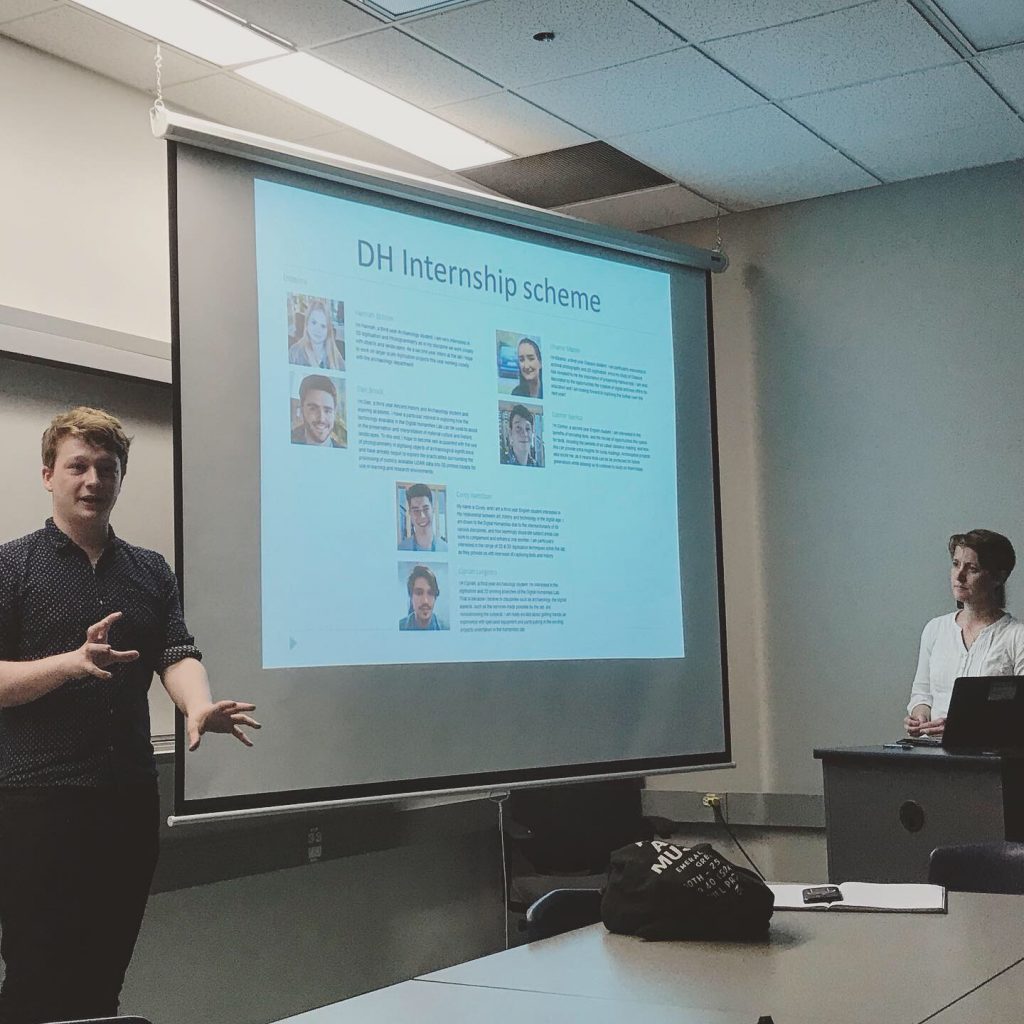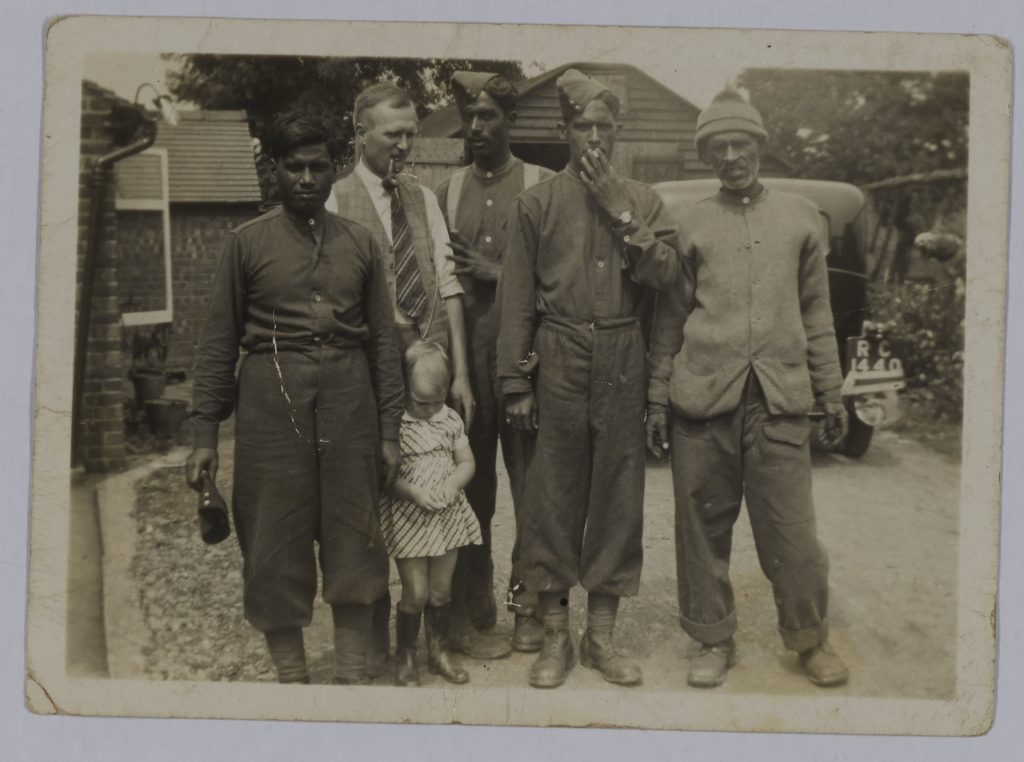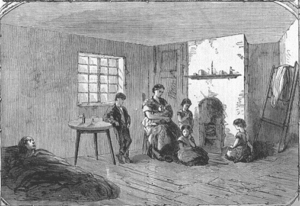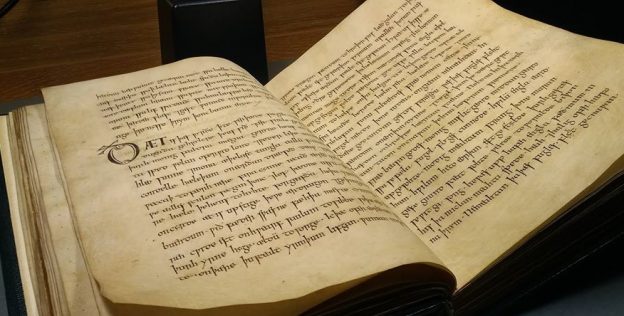
Hi, my name is Francis Elsender and I am a final year Theology and religions student. I originally wanted to be a Digital Humanities Lab intern because I am a big fan of technological innovations as well as the humanities but felt there really wasn’t a discipline that successfully blended the two together until I found out about the Lab. My favourite thing about working for the lab has to be the sheer variety of things we get up to on a day to day basis, many of which I would never have had the chance to encounter by just doing my degree. Thanks to working at the lab, I am now proficient in video and audio editing, digitisation of 2D and 3D objects, handling artefacts and texts and I could probably give photography and 3D printing a good shot too! All my co-workers will tell you that my favourite part of the lab is the AV suite as it allows us to make the humanities accessible to all through the resources we create. Continue reading

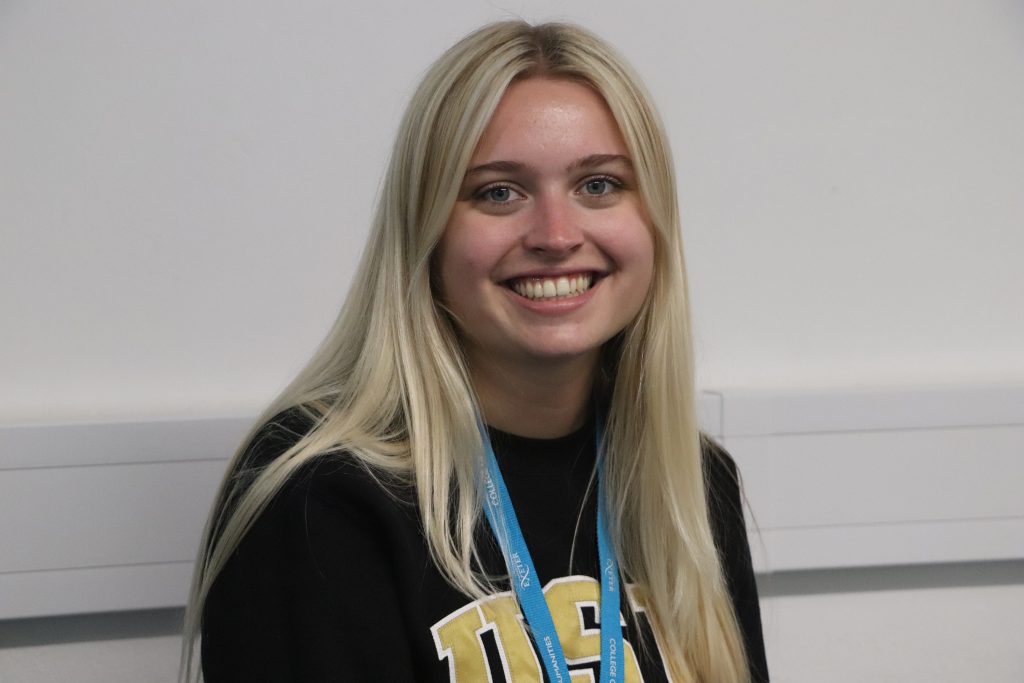 Name: Sophie
Name: Sophie